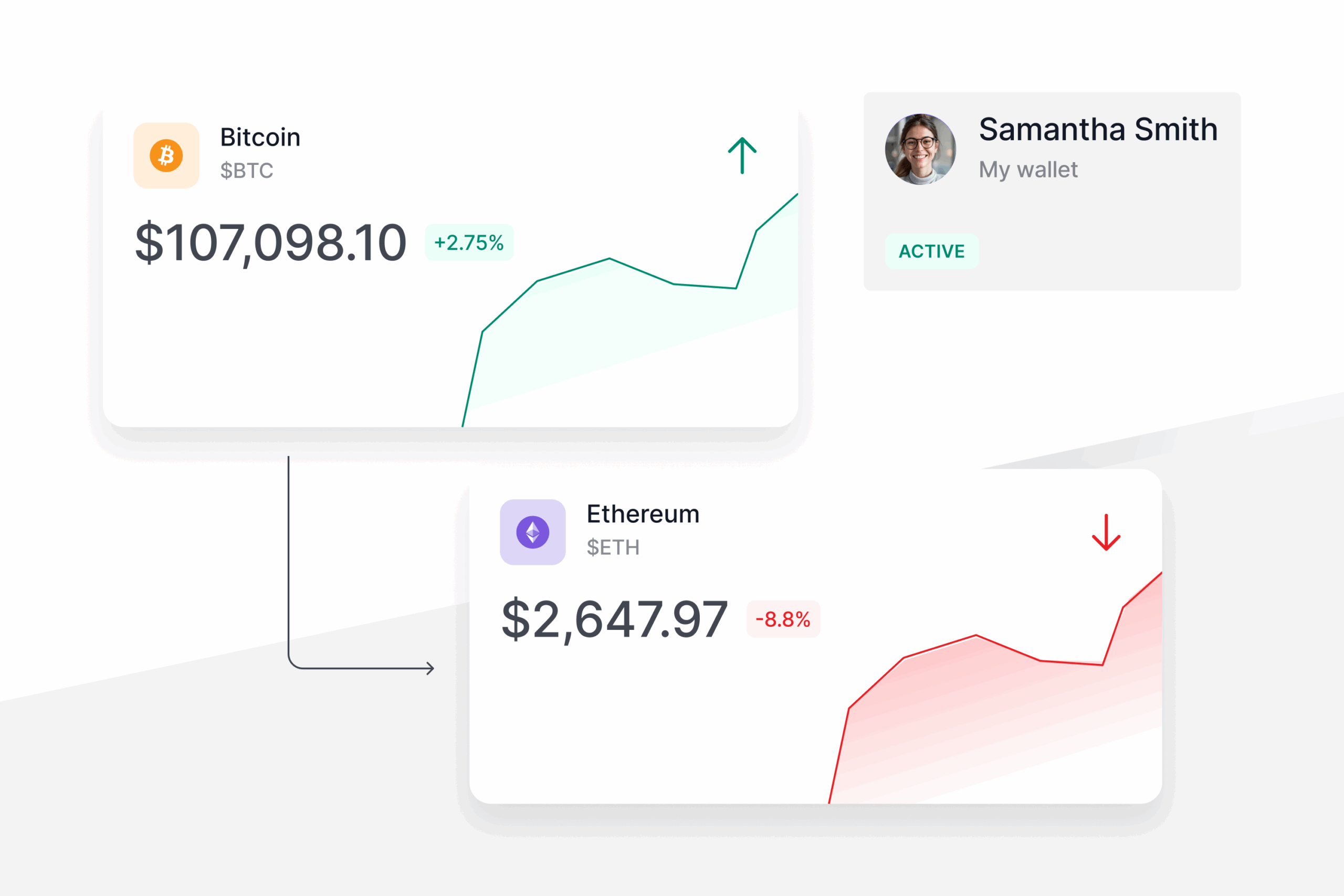
FEATURED ARTICLE
Tax Planning for Realized Gains and Ordinary Income
Tax planning strategies for realized gains and ordinary income

Tax planning strategies for realized gains and ordinary income


A contingent beneficiary will receive benefits from a life insurance policy if the primary beneficiary cannot locate, refuses the inheritance, or dies before the policy matures. It can be a helpful way to ensure that your loved ones are taken care of financially after you die.
The purpose of a this beneficiary is to ensure that someone will be able to receive benefits from a life insurance policy regardless of the time when the primary beneficiary passes away, especially in those cases when they die before the policy grows.
An insurance contract or retirement account will be responsible for naming this beneficiary. It’s essential to ensure that your loved ones have assured financial support. Sometimes, you may also want to call a contingent beneficiary if something happens to the primary beneficiary.
Contingent beneficiaries are typically people who are close to the primary beneficiary. For example, they may be organizations, estates, charities, trusts, or people, like your spouse or parent of the primary beneficiary. However, minor children or pets cannot be contingent beneficiaries since they don’t have the legal power to accept the benefits.
If you have more than one contingent beneficiary listed on your life insurance policy, the benefits will be distributed among them evenly.
There are some cases where you need to review and update your beneficiary, for example, for birth, death, divorce, and other specific situations.
1. They can receive benefits from the life insurance policy if the primary beneficiary dies before the policy matures.
2. They can help ensure that your loved ones are taken care of financially after you die.
3. They can be a helpful way to distribute benefits among your loved ones.
4. They can ensure that someone will receive benefits from the life insurance policy if something happens to the primary beneficiary.
5. They can provide peace of mind in knowing that your loved ones are taken care of financially after you die
It’s no simple task to choose who should you put as a contingent beneficiary. The best is to choose someone who is close to you and who you trust is important. This beneficiary is commonly from your immediate family, close friends, or relatives. But you can also name an organization, trust, or charity.
We built a platform to give everyone access to the tax and wealth building tools of the ultra-rich like Mark Zuckerberg and Phil Knight. We make it simple and seamless for our customers to take advantage of these hard to access tax advantaged structures so you can build your wealth more efficiently at less than half the cos of competitors. From picking the best strategy to taking care of all the setup and ongoing overhead, we make it easy and have helped create more than $500m in wealth for our customers.